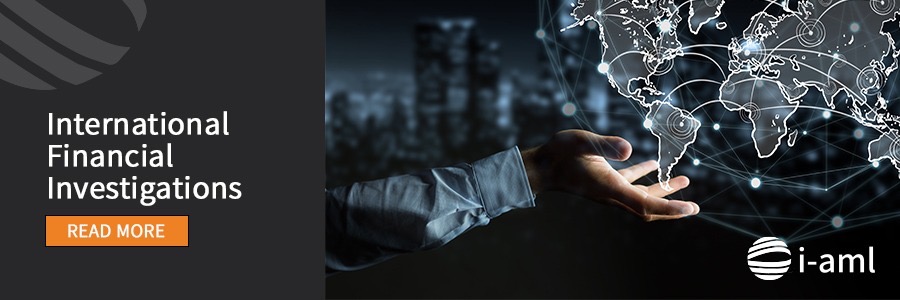Law enforcement authorities in Italy and Germany, with the support of Eurojust and Europol, acted against an organized crime group (OCG) suspected of illegal trade in waste, fictitious invoices and money laundering in several European countries.
A joint operation coordinated by Eurojust led to the arrest of 14 suspects in Italy and Germany, searches were conducted in 40 houses, and it was decided to confiscate assets worth 90 million euros. The Eurojust agency assisted the authorities in establishing a joint investigation team for the case.
The OCG is believed to have illegally purchased around 165,000 tons of scrap iron through a network of iron recycling companies operating inside and outside Italy, then returned the iron to the market or directly to the steel mills, claiming it was imported from Germany. The findings of the investigation show that a German straw company related to the head of the group issued fictitious invoices for the purchases of the scrap iron.
The OCG members funneled money into Italy, including about €70 million in cash withdrawn from German bank accounts. The funds were then transferred between fictitious companies in Germany and other countries, managed by the OCG. The profits were invested in the illegal waste trade or laundered through legitimate activities such as the purchase of a soccer team in Italy.
The scrap metal was never cleaned or returned, despite the false documentation on declarations of conformity or shipping documents. Also, the members of the OCG made use of large quantities of special and dangerous waste, such as tar, the true nature of which was hidden using false certificates.
..
..
Supported by Eurojust and Europol, judicial and law enforcement authorities in Italy and Germany have dismantled an organised crime group (OCG) suspected of illicit waste trafficking, false invoicing and money laundering in several European countries.
Eurojust coordinated the joint action that led to the arrest of 14 suspects. Forty searches were carried out. The preventive seizure of assets worth EUR 90 million was ordered. The Agency also assisted the authorities in setting up and funding a joint investigation team (JIT) into the case.
The OCG is believed to have illegally acquired up to 165,000 tonnes of scrap iron through a network of iron recycling companies operating in Italy and abroad. The criminal network reintroduced the iron into the legal market or directly into steel mills, claiming it had been imported from Germany.
According to the investigation, a German bogus company connected to the leader of the OCG had issued false invoices for the fictitious acquisition of the scrap iron.
The leader and other members of the criminal network introduced money into Italy, including up to EUR 70 million in cash withdrawn from German bank accounts. The money was then transferred between several fictitious companies managed by the OCG in Germany and other countries. The profits were invested either in the illicit trafficking of waste or laundered through legitimate activities such as the acquisition of a football team in Italy.
The scrap iron was never cleaned or recycled, despite the false documentation on declarations of conformity or shipping documents. The OCG also manipulated large quantities of special and hazardous waste, such as tar, the real nature of which was obscured by false certificates.
In a joint action day on 15 February, 14 suspects were detained in Italy and Germany. A total of 40 searches were carried out, 26 in Italy and 14 in Germany. The preventive seizure of assets worth EUR 90 million was ordered.
Eurojust supported the authorities involved in setting up and funding a JIT in August 2020. The Agency also hosted seven coordination meetings to facilitate judicial cooperation and provide support for the coordinated investigative efforts. During the action day, Eurojust set up a coordination centre to facilitate rapid cooperation between the judicial authorities.
Europol contributed to the investigation by analysing the data stemming from the complex scheme and deployed one of its experts on-the-field to Italy to support the national authorities with their investigative measures.
The following authorities took part in this investigation:
Italy: Public Prosecutor’s Office of Milan; Public Prosecutor’s Office of Reggio Calabria; Carabinieri for the protection of the environment and ecological transition of Milan; Carabinieri of NOE (Environmental Operating Centre)
Germany: Public Prosecutor’s Office Munich I; Federal Criminal Police Office in Wiesbaden.
..
February 23, 2023 Published by The Israel Government.







